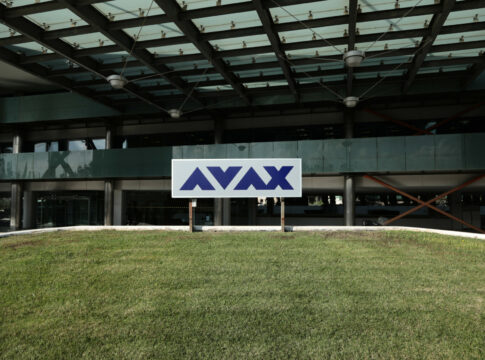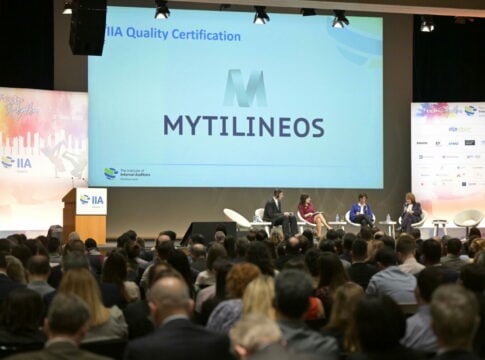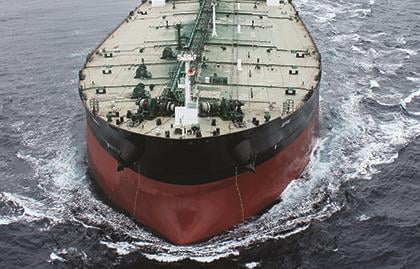IUMI Ocean Hull Committee Chair Ilias Tsakiris speaking in London stressed the need for resilience and innovation amid threats to the supply chain and energy transition.
He called on marine insurers to adopt a dynamic, flexible and contingency-based approach to their business if they are to safely navigate a new, volatile landscape where disruption to supply chains is becoming the norm.
According to Ilias Tsakiris, chairman of the Ocean Hull Committee of the International Union of Marine Insurers (IUMI), the marine insurance sector needs to strengthen its resilience and embrace innovation in the face of a range of new and developing risks.
Speaking at the Marine Insurance London 2024 event, Tsakiris cited the Covid-19 outbreak as a wake-up call for the business world to recognize the fragility of supply chains and the reality that “storms can come from nowhere.” Since then, Russia’s invasion of Ukraine, subsequent sanctions and other geopolitical upheavals have only reinforced the lesson that for a transportation industry accustomed to a just-in-time mentality, it is now imperative to have just-in-time strategies. “
“Our traditional trade routes are no longer safe and supply chains will face challenges greater than those they faced during the pandemic,” he told the conference. The conclusion is that there are many dangers and the adoption of a “just-in-case” model is the only option for the companies, including insurers seeking to operate in this sector.
As trust and reliability become progressively more important, supply chain management practices are already adapting to the new environment. Such strategies have significant implications for global maritime transport, argued Tsakiris.
At the same time, it is important for insurers to monitor the changes taking place in the industry’s energy transition as shipping strives to achieve the goal of zero greenhouse gas emissions by 2050, Tsakiris said and added: There is a need for innovative infrastructure and regulatory incentives to facilitate this transition, which will have a significant impact on operational logistics and industry cost structures.
Tsakiris identified a multitude of different risk areas facing insurers in the industry, with challenges ranging from increased downtime and route diversions to cyber security vulnerabilities and regulatory compliance complexities. Attention to digital solutions, sustainable initiatives and strategic diversification are essential to effectively mitigate the range of risks, he argued.
The “way forward” for marine insurers has been to develop a holistic approach that incorporates technological prowess, customer-centric innovation, a proactive policy towards emerging needs and a commitment to sustainability. According to Tsakiris the value of continuous learning, adaptability and cooperation cannot be overestimated.















